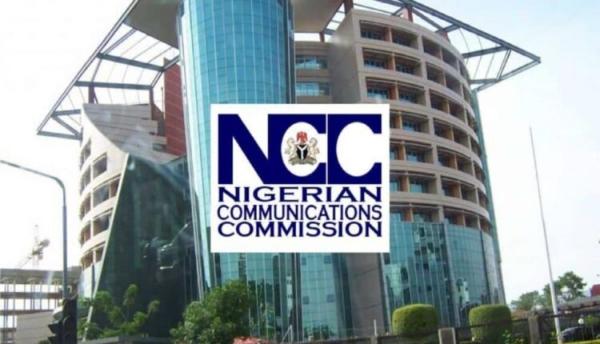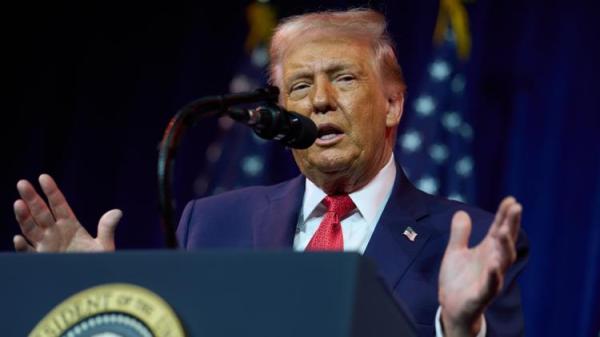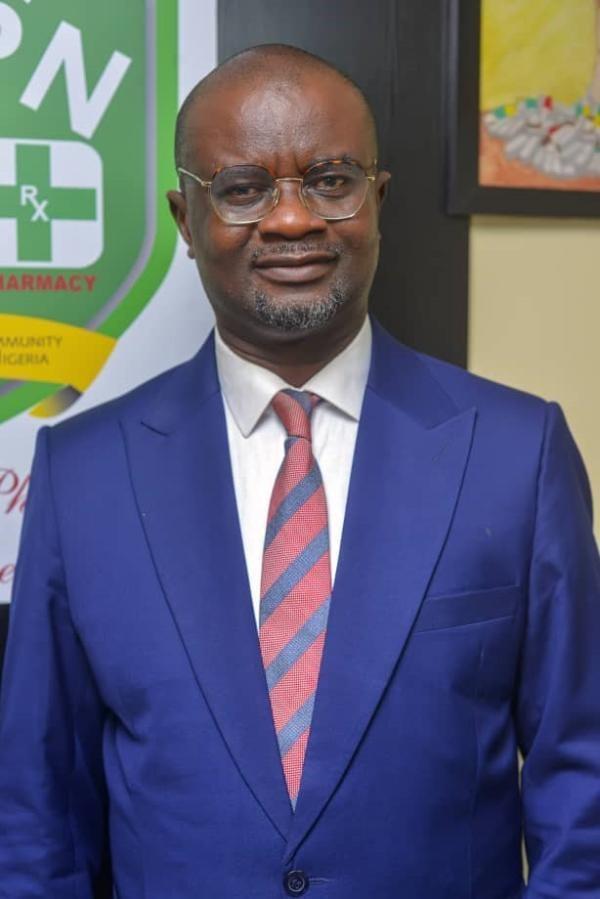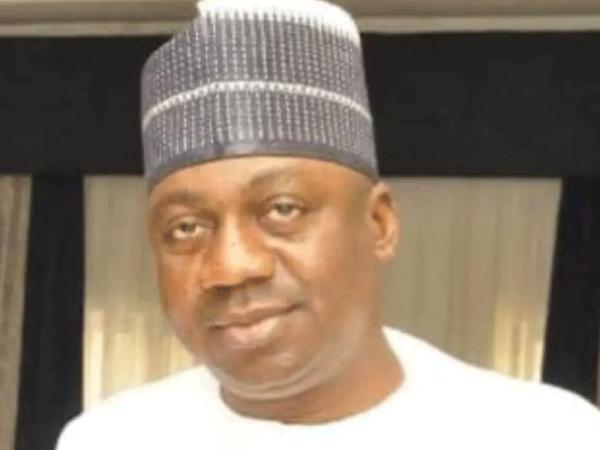
In a country already reeling from economic hardship, soaring inflation, and rising unemployment, the recent 50% hike in telecom tariffs has hit Nigerians like a thunderbolt.
Introduced in January 2025, the increase affected voice calls, SMS, and internet data services, the very lifeblood of digital communication in today’s world.
The fallout has been swift and telling: over a million internet users dropped off the grid by February, a significant blow to a sector that has otherwise remained resilient despite Nigeria’s turbulent economic climate.
According to industry statistics released by the Nigerian Communications Commission (NCC), internet subscribers dropped from 142.16 million in January to 141.25 million in February, a loss of approximately 910,000 users. Although March saw a slight rebound with the number rising again to 142.05 million, data consumption patterns revealed a sector that is far from recovering.
The consequences of this tariff hike extend beyond mere numbers. For millions of Nigerians, the internet is not a luxury, it is a necessity.
Students depend on it for online learning, entrepreneurs for marketing and sales, journalists for research and reporting, and other citizens for social interaction and information.
The spike in costs is therefore more than an economic statistic; it represents a barrier to opportunity, communication, and growth.
“Before now, I used to spend about N5, 000 monthly on data, which was just enough for my academic work and YouTube tutorials,” said Mary Okechukwu, a university student in Enugu.
“Now, that same amount barely lasts two weeks. I’ve had to cut back on my online activities.”
Her plight is not unique. Across Nigeria, from Lagos to Kano, Owerri to Maiduguri, millions are being forced to ration their internet use, a development that undercuts years of digital progress in a country that aspires to be Africa’s tech hub.
The decline in monthly data consumption speaks volumes.
According to NCC statistics, Nigerians used 893.06 petabytes of data in February, down 12% from January’s peak of one Exabyte, a historical high.
In March, consumption slightly increased to 995.88 petabytes, but still remained shy of January’s record.
According to TechTarget (NASDAQ: TTGT) is the global leader in purchase intent-driven marketing and sales services that deliver business impact for enterprise technology.
What this shows is that despite a recovery in user numbers, actual data usage has not bounced back with the same energy. Consumers are back online, yes, but they’re tiptoeing, using less, avoiding heavy downloads, cutting down on streaming, and staying off video calls unless absolutely necessary.
This kind of behavioural adjustment is classic in times of economic constraint, and it underscores just how sensitive Nigerians are to price changes in essential services. The 50% tariff hike, therefore, didn’t just change numbers; it changed habits.
Interestingly, while the internet segment took a hit, the telecom industry as a whole showed signs of resilience.
Operators added 3.39 million new voice subscribers between January and March, increasing the total number of active lines from 169.32 million to 172.71 million.
This pushed Nigeria’s teledensity, the number of telephone connections per 100 people, from 78.10% to 79.67%.
The big four telcos, MTN Nigeria, Airtel, Globacom, and 9mobile, continued to dominate the market, with MTN maintaining its lead both in internet and active telephone lines.
MTN had 75.62 million internet users and 90.5 million active telephone lines, representing 52.48% of market share. Airtel followed with 48.8 million internet users and 58.3 million telephone lines (33.78%), Globacom with 15.37 million internet users and 20.7 million active lines (12%), while 9mobile trailed with 1.75 million internet users and 2.9 million active lines (1.72%).
Yet, the resilience of these companies must be viewed within context.
Their gains in voice subscriptions could be driven more by population growth and SIM acquisitions for verification or banking purposes than by improved consumer purchasing power or service satisfaction. The critical takeaway is that internet data, the true engine of digital Nigeria, is faltering.
Perhaps the most troubling implication of the tariff hike is the exacerbation of Nigeria’s already troubling digital divide. For the poor and rural populations, who were just beginning to find a place in the digital economy, this hike may well push them further to the margins.
“We were getting parents in rural communities to allow their children take online tutorials on borrowed phones, or use communal cybercafés to access e-learning platforms,” explained Ayoola Ogundipe, an education NGO worker based in Ogun State.
“Now, many have had to abandon that effort. Even cybercafés are complaining about increased overheads.”
In a country where about 40% of the population lives below the poverty line, any price increase in basic services directly affects access and equity.
The NCC and telecom operators might have valid reasons for the price hike, from FX instability to inflationary pressure, but the burden, once again, falls on the most vulnerable.
The Nigerian Communications Commission finds itself in a difficult position. On one hand, it has to ensure the financial health of telecom operators who are grappling with high operating costs, foreign exchange challenges, and infrastructure decay.
On the other hand, it must protect the public interest, ensuring that communication services remain accessible and affordable.
Telecom operators have long complained about the unviable pricing structure for data and voice calls, citing issues like multiple taxation, vandalism of infrastructure, and dollar scarcity affecting the importation of equipment. Industry insiders say the January tariff adjustment was inevitable
But, could it have been more gradual? Could there have been a tiered pricing model or targeted subsidies for low-income users? Could consumer protection frameworks have been updated to cushion the impact? These are questions begging for answers as public outrage continues to swell.
The public reaction has been one of frustration and bitterness. Social media platforms have become sounding boards for angry users who feel blindsided by a policy that seems indifferent to their economic reality.
“Everything is going up, food, rent, school fees, and now even internet?” tweeted @SadeSays, a Lagos-based tech enthusiast. “How do we work from home? How do students study? This is wickedness!”
Activists and civil society groups are also calling for a review of the hike. The Digital Rights Advocacy Coalition (DRAC), in a statement, called on the NCC to revisit the policy and explore alternative funding mechanisms to support the telecom industry without punishing end-users.
The future of Nigeria’s digital ecosystem hinges on striking the right balance between economic viability for telecom operators and affordable access for consumers. Tariff hikes that price users out of the market are self-defeating in the long term. A shrinking user base and reduced data consumption do not bode well for a sector that should be expanding in an increasingly digital world.
Government can no longer afford to take a back seat. A deliberate broadband policy, infrastructure investments, rural internet rollouts, and tax holidays for telecom companies could all serve as levers to bring relief to both providers and users. Public-private partnerships and regulatory flexibility will be key to steering the industry toward sustainable growth.
The 50% tariff hike on telecom services has laid bare the fragility of Nigeria’s digital advancement.
What was once seen as a beacon of hope and a key driver of economic inclusivity is now under threat from policies that ignore the day-to-day struggles of ordinary Nigerians.
The internet is more than a communication tool, it is the gateway to education, employment, civic engagement, and global competitiveness.
Pricing it out of reach, especially in a country with so many young, ambitious citizens, is a step backwards.
If Nigeria truly desires to harness the power of digital technology for national development, then keeping the internet affordable must be non-negotiable.
For now, the groans of millions of internet users echo as a painful reminder that digital access, like every other aspect of life in Nigeria today, is becoming a luxury the poor can no longer afford.






















